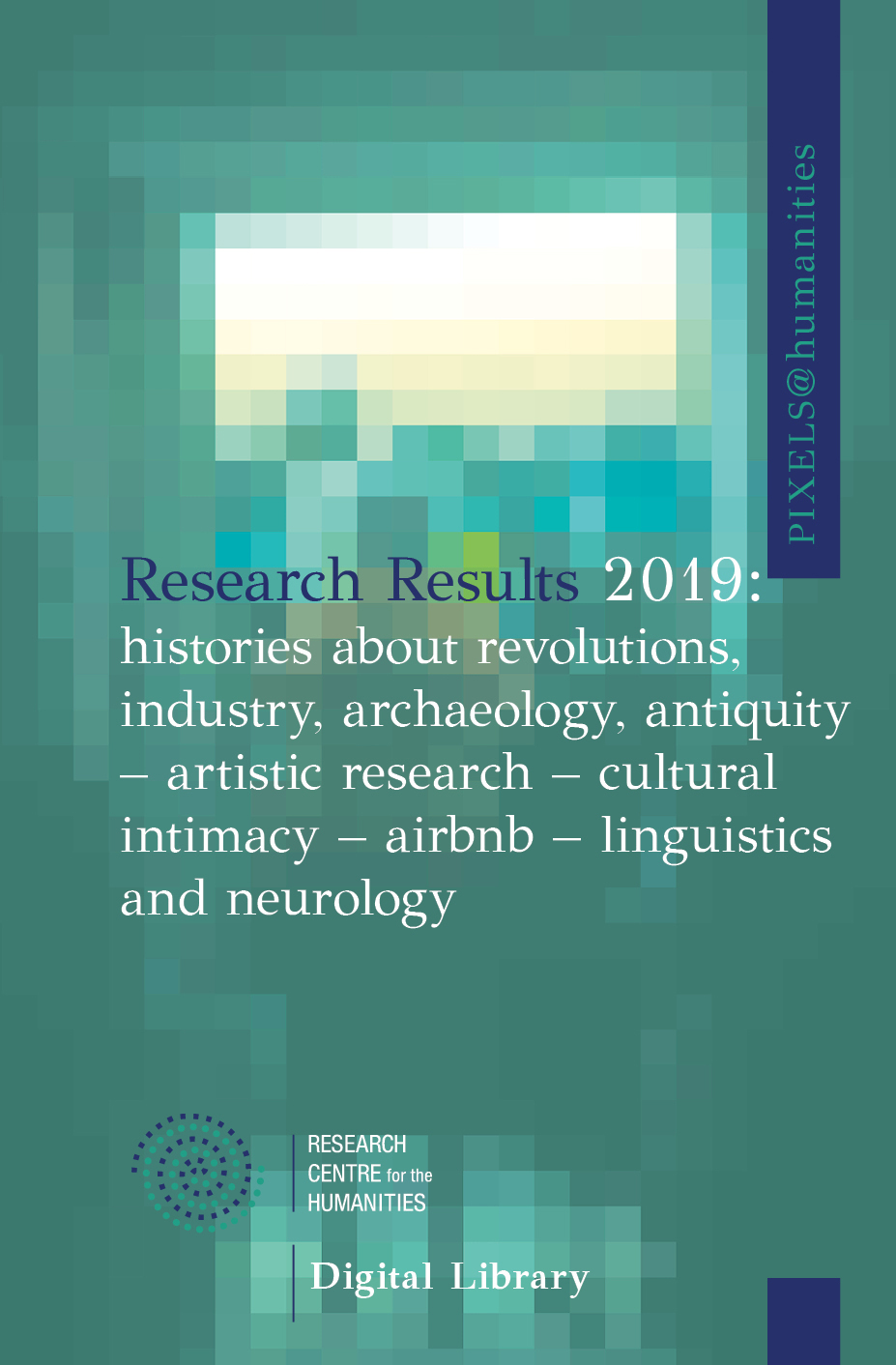Idolatrous and Corrupt Heathenism or Precursor of Christianity? Debates about Ancient Greek Religion and Mythology in 19th-Century US Scholarship

Abstract
The 19th century is a crucial period in the history of American classical scholarship: during its course American classicists sought to emancipate themselves from the initially strong European influences and articulated their vision for the development of a distinctively American approach to Greek antiquity. Moreover, in response to domestic utilitarian critics who argued that classical studies were of no value in the New World, American classical scholars contended that the study of ancient Greece was necessary in order to counter the negative aspects of the modern American way of life.
The project proposes to investigate the portrayal of ancient Greek culture in the writings of three leading 19th-century American classicists, namely, Edward Everett (1794–1865), Cornelius Conway Felton (1807–1862), and Basil Lanneau Gildersleeve (1831–1924), and how it was meant to contribute to the cultural and moral betterment of the United States of their times. The American conceptions of ancient Greece and their implications will be examined in the light of those prevalent in contemporary Europe. By placing emphasis on the modern agendas informing the approaches of 19th-century classicists and by exploring the similarities and differences between the American and European traditions of classical scholarship, the project aims to cast light on the distinctive ways in which the ancient Greek past was interpreted, appropriated and utilized in the US and in European countries.
Article Details
- How to Cite
-
Konaris, M. (2022). Idolatrous and Corrupt Heathenism or Precursor of Christianity? Debates about Ancient Greek Religion and Mythology in 19th-Century US Scholarship. PIXELS@humanities, 2. https://doi.org/10.12681/pixelsh.31629
- Section
- Articles

This work is licensed under a Creative Commons Attribution-NonCommercial 4.0 International License.


